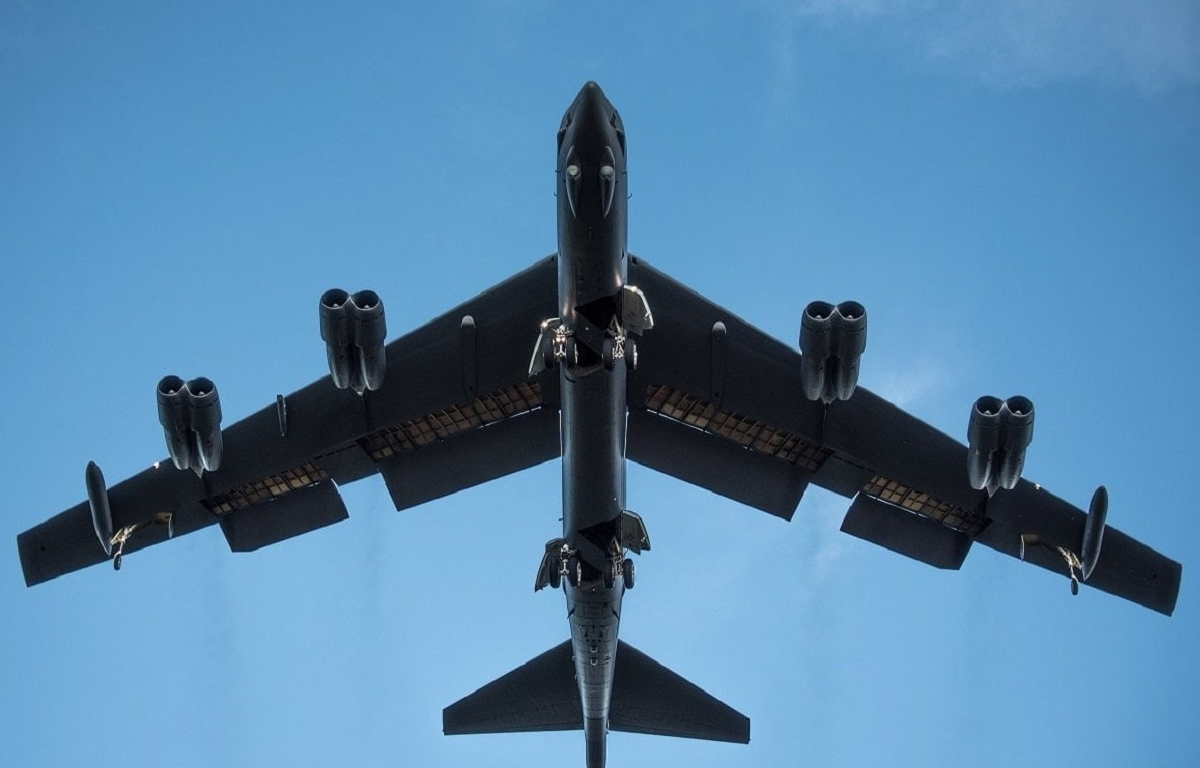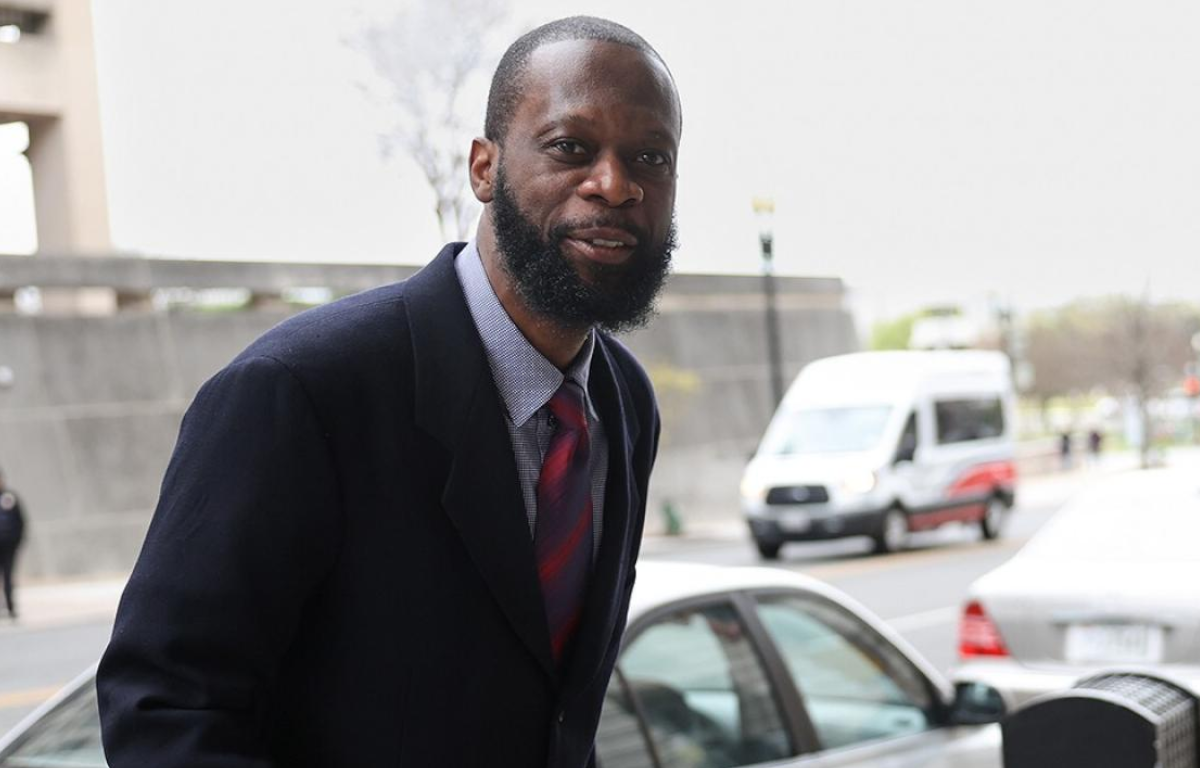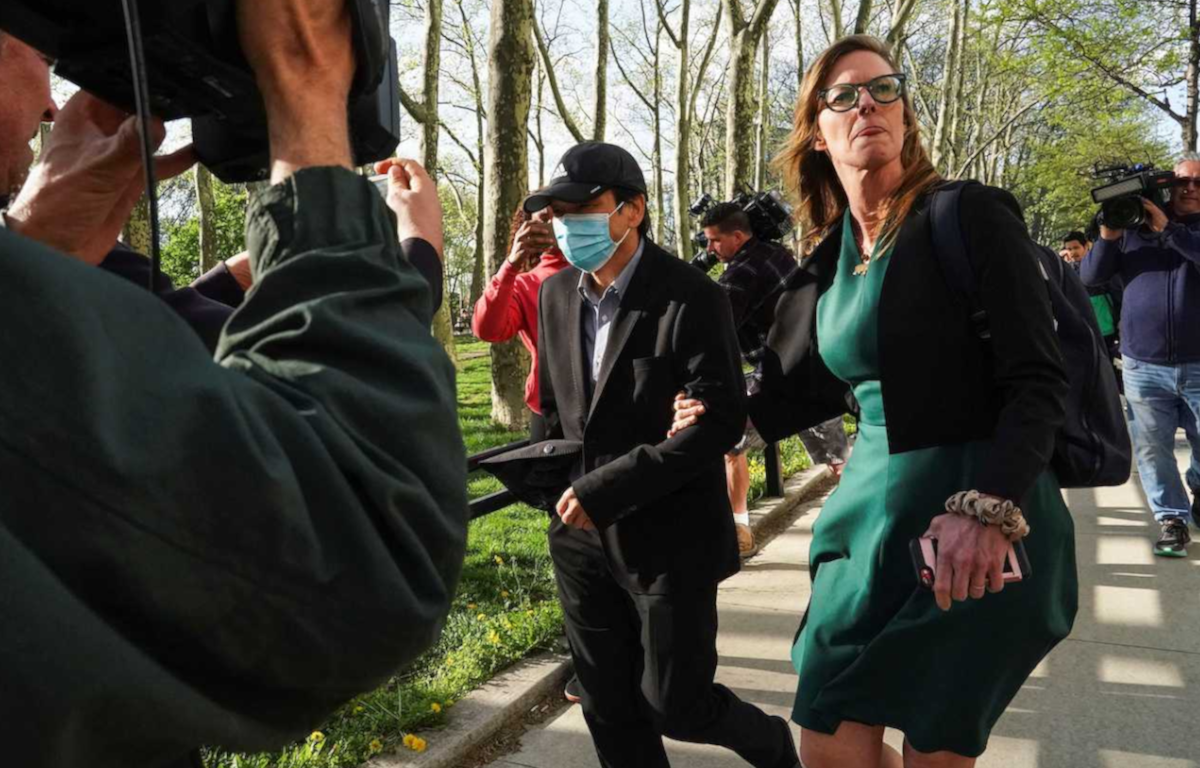
The European Union (EU) is shifting its focus from the ongoing conflict with Russia to the emerging influence of China and its envisioned “New World Order.” This strategic shift underscores the EU’s recognition of China’s growing economic prowess, geopolitical ambitions, and potential challenges to the established global order. This article explores the EU’s changing perspective, the factors driving this reevaluation, and the implications it holds for the future of EU-China relations.
China’s expanding economic influence, particularly through initiatives like the Belt and Road Initiative (BRI), has captured the EU’s attention. With substantial investments in infrastructure projects worldwide, China is extending its economic reach into regions traditionally under the EU’s sphere of influence. The EU’s shift in focus reflects a need to address the implications of China’s economic activities and protect its own economic interests.
Moreover, China’s advancements in technology, such as artificial intelligence and 5G infrastructure, have raised concerns within the EU. As the EU aims to maintain its technological edge and ensure data security, it recognizes the importance of engaging with China on issues related to technology standards, intellectual property rights, and fair competition. The EU’s redirection of attention towards China’s “New World Order” signifies its commitment to assert its interests and influence in the technological domain.
Human rights and democratic values also play a significant role in the EU’s shifting perspective. Concerns over China’s human rights record and its approach to democratic principles have raised international criticism. The EU’s increased scrutiny of China’s global aspirations reflects its commitment to upholding human rights and promoting democratic norms.
The EU’s evolving perspective on China’s “New World Order” has substantial implications for EU-China relations. While the EU recognizes the need for engagement and cooperation with China on various fronts, it is also becoming more cautious and assertive in safeguarding its own interests and values. Striking a delicate balance between cooperation and competition, the EU aims to maintain a constructive relationship with China while addressing potential areas of divergence.
The EU’s shift in focus from the conflict with Russia to China’s emerging global influence demonstrates a nuanced understanding of the evolving geopolitical landscape. By acknowledging China’s economic power, technological advancements, and potential challenges to the existing global order, the EU is reevaluating its strategies and priorities. The EU’s engagement with China will be shaped by economic interests, technological competition, human rights, and democratic values. As the EU navigates this complex relationship, it seeks to assert its influence and shape the trajectory of the evolving global order.










Share this: